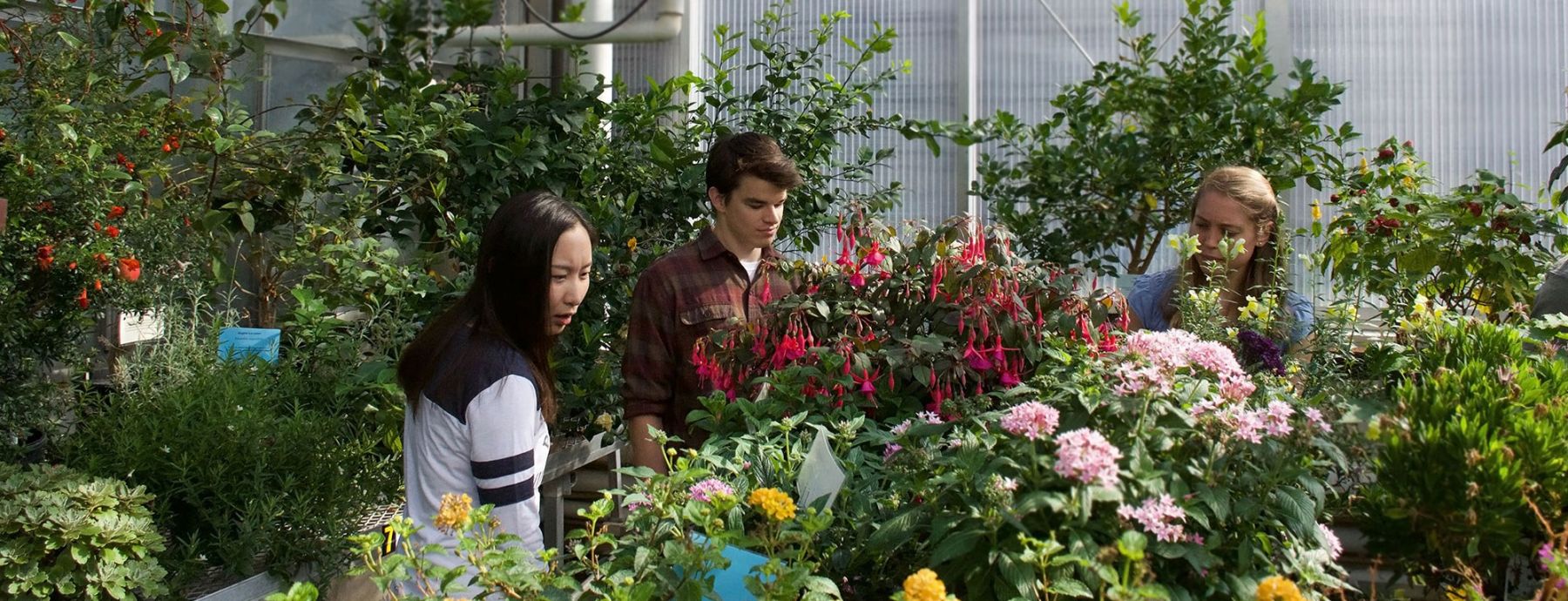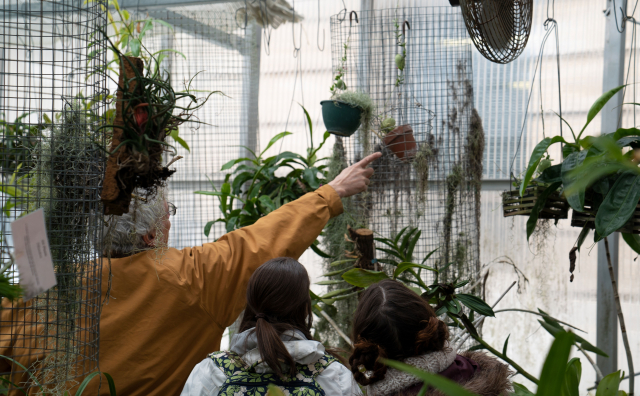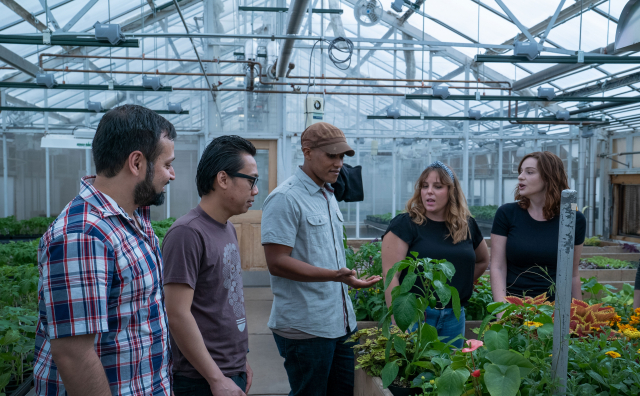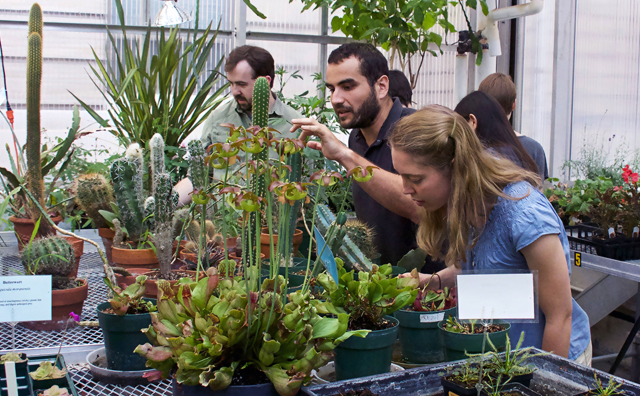Program Overview
Plants are fundamental to life on earth. Plant biologists use these important organisms to address issues such as global climate change, food insecurity, loss of biodiversity, and disease. The Intercollege Graduate Degree Program in Plant Biology offers students the opportunity to conduct research on plants—ranging from the cellular level to the whole-plant level.
Students' program of study includes a comprehensive set of team-taught courses that reflect the breadth of scientific fields, and the linkages between them. All students must also complete a thesis based on their own original research.



